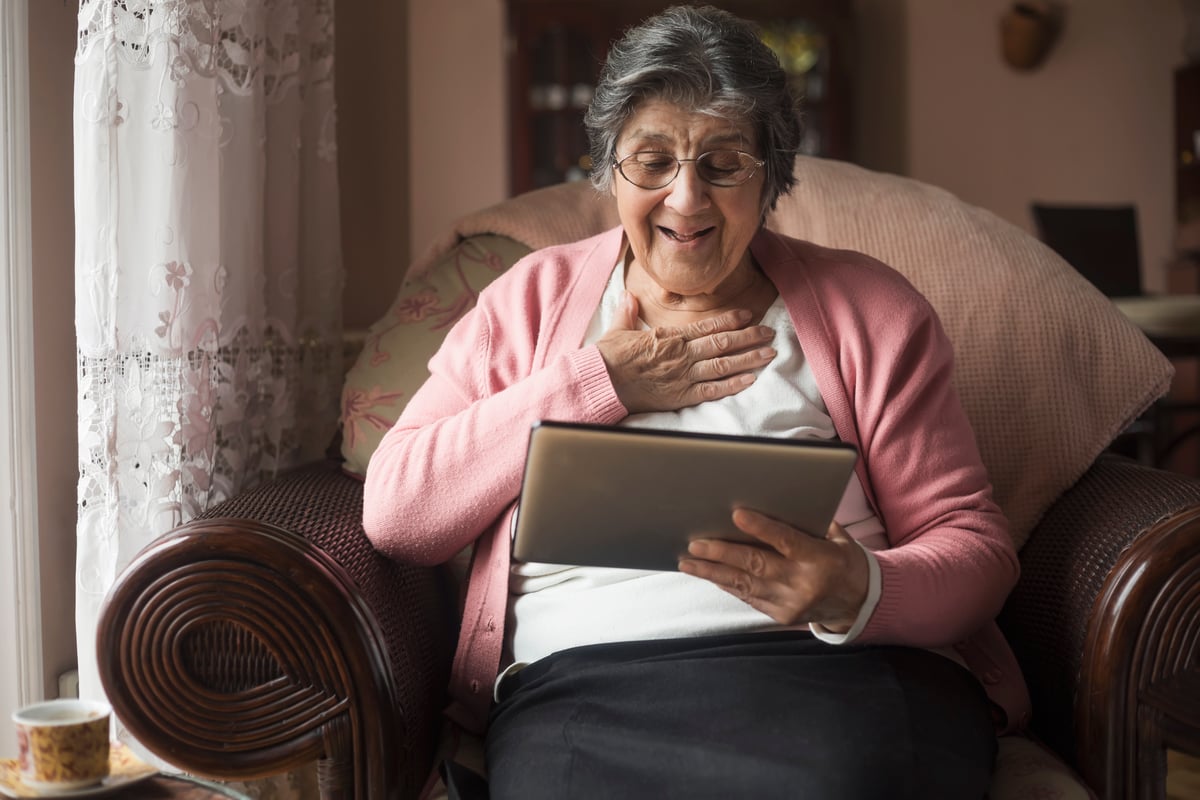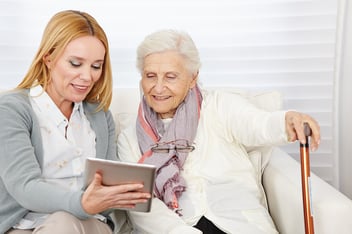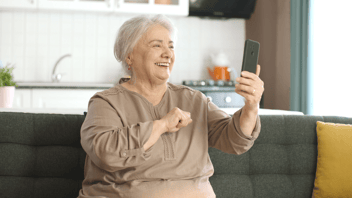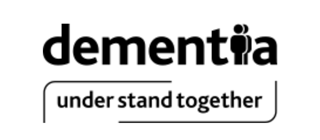
Tips, tricks and quick fixes for living well at home.
With our ageing population, there is a move to change how we care for older people; shifting the focus to the home and the community, to local GPs and healthcare providers, as well as to the individual and families.
It is thought that, with the right supports, more older people can live longer and healthier independent lives at home, rather than needing hospital or care homes.
Better safe than sorry is good advice, and there are simple steps which can be taken for safer independent living and for peace of mind. With older people, falls, burns, and medication mix-ups are among the top risks.
Falls are more problematic as when aging. They can contribute to medical problems down the line. Recovery may be slower as more damage occurs. So, play it safe and make a plan to avoid falls in the first place!
- Have eyesight checks regularly, or whatever is needed to ensure you have the best vision possible.
- Chat to your GP or community nurse and discuss the side effects of medication you are on that may lead to dizziness or drowsiness.
- Ask about physio or an exercise programme of simple movements to do, a couple of times a day, even from the comfort of a chair.
- Foot pain or unsuitable footwear won’t help stability or mobility, so a GP or chiropodist can help with simple shoe inserts, surgery or medication.
- Eat regularly to keep strength up and drink lots of water, as dehydration makes us lightheaded.
- Declutter around the home so there’s fewer obstacles to navigate. Remove loose rugs, fix wobbly steps or floorboards, and install rails for support if needed. Put stools to rest on by the cooker, at the bathroom sink, or wherever you need to be on your feet for a while.
- Raised toilet seats, handrails and shower chairs are helpful in the bathroom, as a steamy room and wet floor makes slips more likely.
- If stairs are difficult, narrow or uneven, could you move your bedroom downstairs?
- If you feel quite unstable, don’t risk falling. Stay away from uneven ground, like the back garden, and get support in the form of a walking stick or walker. Use a wheelchair or mobility scooter if you need to cover a lot of ground.
TOP MOBILITY TIPS
Check out these simple ‘life hacks’ for older people that could make yours, or the lives of older relatives, a bit easier and safer.
- Get rid of rugs you could trip on or secure them to the floor with double-sided tape.
- Rubber soled non-slip footwear that fits snugly is best to avoid falls.
- Keep active as much as you can but remember to rest when you need to.
- Tape down extension cords and trailing wires or use cable ties to keep them together.
- Get someone to clean or replace your light bulbs with brighter bulbs and use both ceiling and lamplight so you can see clearly, especially at night.
- If you have fallen before, or are worried a fall may occur, conduct a fall assessment. There are supports available such as HaloCare’s fall detection and 24/7 support to ensure you get help even if you are unable to press a button or call out for help.
- It is difficult with mobility issues to find products in a low cupboard. Pop a clear hanging shoe bag over the back of the kitchen door, or on the cupboard door, and keep regularly used cleaning supplies in the pockets.
- You can get stick-on corner guards to round out sharp furniture corners, like coffee tables or nightstands, to prevent injury.
- Keeping social interactions and connections is key to a healthy mind and body. Stay in touch with loved ones through mobile devices such as tablets when in person communication is not possible.
QUICK FIXES AROUND THE HOME
- Wearing rubber gloves makes opening jars easier. If the jar is really tight, turn it onto its lid and slip the top of a rounded dinner knife into the gap between the lid and the jar. This releases the air seal so the jar opens much easier when turned upright again.
- Rubber bands wrapped around cups and mugs make them easier to grip for weak or shaky hands. This also works for things like toothbrushes or pens, or you can buy more comfortable foam grips that enlarge the handle.
- Attaching a key ring to zips makes them easier to grasp. Put your belt into your trousers before you put them on too.
- Carry a small handheld torch when you’re staying somewhere unfamiliar, like a hotel or a friend’s house, so you can safely make your way to the toilet at night.
- Stick your remote controls to the coffee table or the inside of your armchair with Velcro, so you don’t lose them. This works with other items too, like reading glasses.
- If you’ve lost an earring or something small like a battery on the carpet, cover the vacuum cleaner tube with nylon tights so the item can be sucked up onto the tights.
There are numerous home modification and technology solutions for independent living GPs and public health nurses can help with information.
HaloCare
HaloCare is technology that supports older adults in living independently, so they stay safe and socially connected. The 24/7 digital care solution simply connects the various parties involved in caring, including local GPs and nurses, the HaloCare support specialists, the user and their family, and provides monitored health and safety checks in the home.
Through motion detectors, HaloCare offer a completely unique and unintrusive solution. The absence of cameras allows for privacy and dignity to the individual. These motion sensors can detect things like falls, floods, and smoke amongst other things. The discrete and easy to install design ensures there is no damage to the home.
Another thing that makes HaloCare unique is the social aspect of the solution. At HaloCare it is believed that a happy mind and social interaction go hand in hand. The Care Hub is operated by real people who interact with their customer daily. The Care Specialists ensure no one feels isolated through comfort calls and daily reminders.
HaloCare also offer an age friendly HaloPad which bridges the gap between older people and their loved ones. The HaloPad allows for video calls, photo sharing and daily reminders. It is a safe and secure way to stay in contact with loved ones.


-1.jpg?width=352&name=250116HC01_Halo_BlogCoversx2_02%20(1)-1.jpg)






